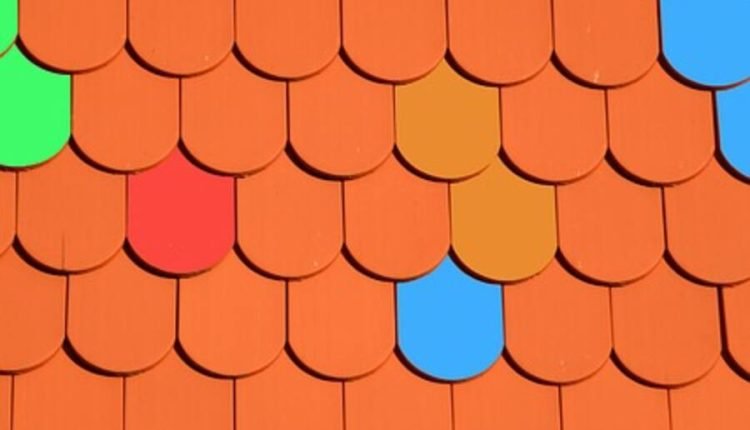EPDM rubber roofing, or Ethylene Propylene Diene Monomer roofing, is a well-liked choice since it is long-lasting and inexpensive. Although this roofing material is often seen on flat roofs, it can be employed in various situations.
EPM rubber roof membrane is one of the world’s most widely used roofing products due to its longevity, low cost, and ease of installation. It is estimated that over 1.3 billion square meters of EPM rubber roof membranes have been installed around the globe.
Adhering this roofing material to the roof surface requires a specific installation process. For this, you’ll need a high-strength adhesive for various roof membrane installation scenarios. Here are some suggestions for getting the most out of this adhesive.
The first step is to gather everything you’ll need for the job. Tools include a stirrer for the glue and solvent-proof gloves, safety glasses, a tape measure, and a 4-inch hand roller. If you have everything ready before applying the adhesive, you won’t have to worry about forgetting anything.
EPDM rubber roofing adhesives are universal and can be used on any porous or nonporous surface. Before beginning your roofing project, check with a professional to see if a particular adhesive is needed for your roof’s membrane or surface.
The adhesive’s effectiveness and hence the proper installation of the rubber roofing membrane will be compromised if the roof surface is not free of dirt, corrosion, grease, and moisture before it is applied. Trapped moisture behind the membrane can also reduce the adhesive’s holding power.
You can start applying the adhesive after the roof has been protected and all the tools are ready. Either the bare decking or the RUSS strip can be treated with the product. The substance must be applied to the underside of the roofing membrane and the upstand termination or step-down used.
After the adhesive has been spread across both surfaces, it’s time to bring them together. However, it would be best if you didn’t do that until the glue is dry to the touch and there are no puddles. The rubber roofing membrane must adhere entirely to its new home.
The next step is to raise the membrane to the desired height by applying positive pressure as you make your way up the upstand. Rolling must be performed in these locations to ensure a secure attachment of the rubber roofing membrane to the substrate.
Although various precautions should be followed, this is all required for properly installing EPDM rubber roofing. One of these is to apply the membrane with as little force as possible to preserve its integrity.
Condensation might occur on the adhesive surface as you wait for it to dry to the touch. When the surface is dry, you can resume applying the adhesive. After that, you can apply another coat of the product and carry on as usual.
If you need to reapply adhesive to a previously coated surface, apply a thin “refresher coat” at about half the regular coverage rate. Great success is guaranteed if you follow these instructions.
For professional roofers and do-it-yourselfers, Rubber Roofing Direct is the best place to get EPDM rubber roofing and other supplies in the United Kingdom. EPDM roofing membranes, DuoPly products, flashing and seam tapes, drain outlets and accessories, adhesives and sealants, edge trims, and much more are all available in the web store now. In addition to providing trade discounts for their professional customers, Rubber Roofing Direct also provides speedy and effective delivery, quick order processing, expert guidance, and dedicated customer service to all of their customers. If you are interested in studying the finest methods and procedures for roofing, Rubber Roofing Direct also operates a training center with industry experts. Please visit to view our entire selection of goods and services:
Read also: Art Deco Interior Design.


